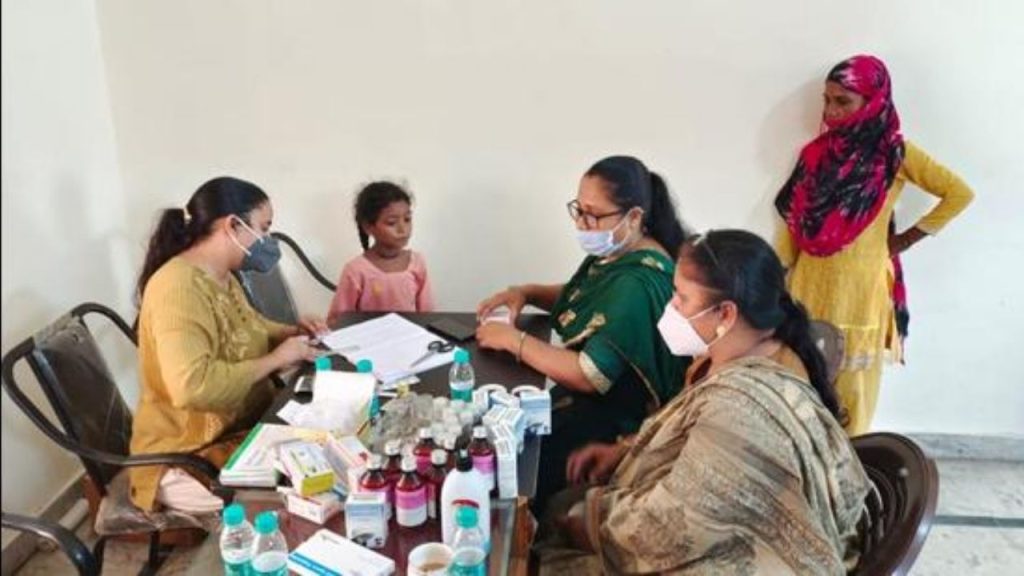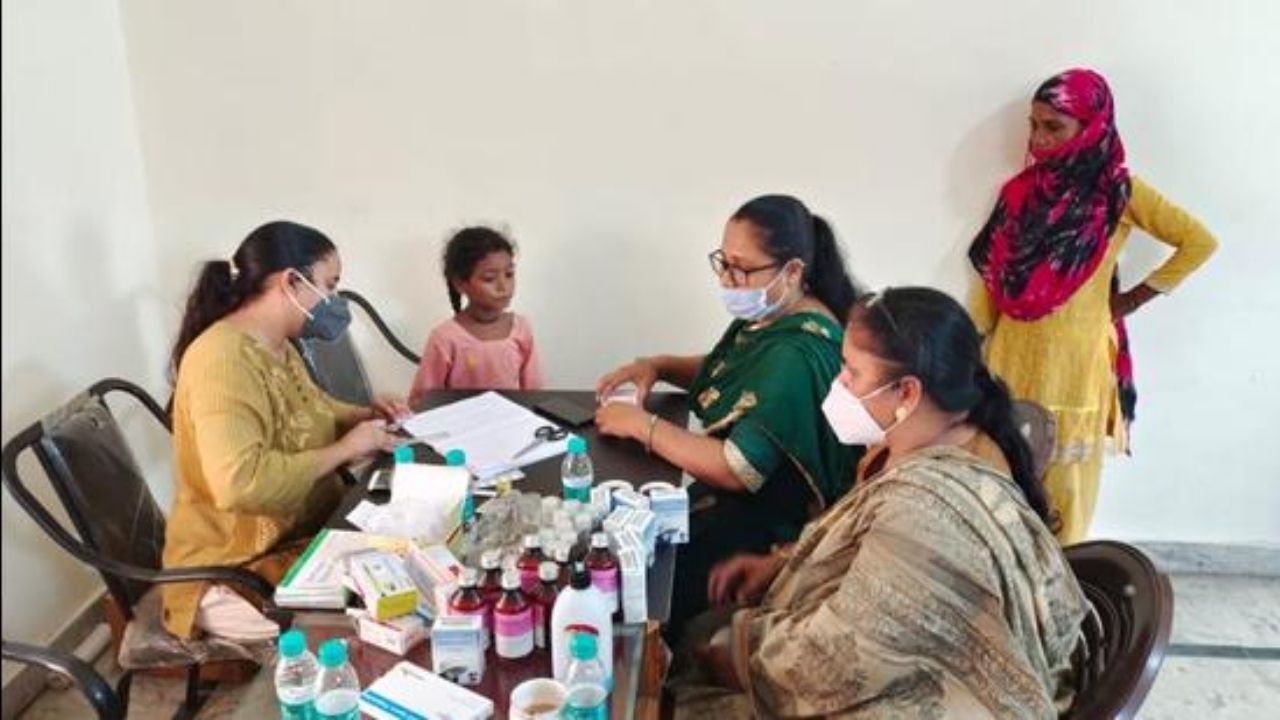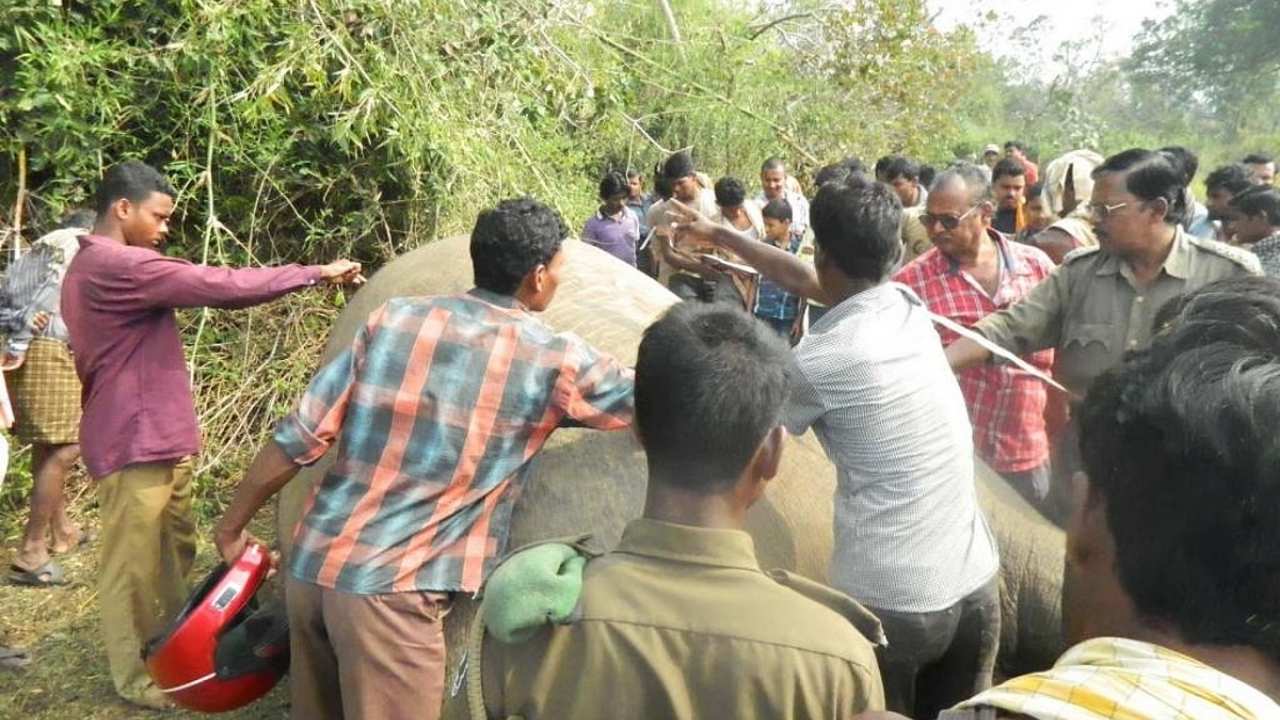A recent diarrhoea outbreak in Bargarh District, Odisha, has led to over 60 people falling ill, prompting local health officials to launch urgent measures to combat the situation. With the summer heat and unsanitary conditions often fueling such outbreaks, it’s crucial for local communities and authorities to act quickly to prevent further spread. In this article, we will take a closer look at the situation, explore the underlying causes, and offer practical advice on how to manage and prevent diarrhoea outbreaks, both locally and globally.

Bargarh District Faces Diarrhoea Outbreak
| Aspect | Details |
|---|---|
| Location | Bargarh District, Odisha |
| Total Infected | Over 60 people |
| Primary Health Action | Health camps mobilized for urgent care |
| Health Advice | Importance of sanitation, boiled water, and hygiene |
| Sources | Odisha TV, Times of India |
| Key Prevention Tips | Regular handwashing, drinking boiled water, sanitation awareness |
| Government Measures | Health awareness campaigns, medical camps |
The outbreak has raised alarm bells in the district, but local health authorities have responded quickly by setting up health camps to provide medical care to those affected. Health officials are also working hard to educate the public on hygiene and the critical role it plays in preventing the spread of diarrhoea. In this article, we’ll dive into the specifics of the outbreak, share expert advice on managing diarrhoea, and provide helpful tips for communities to protect themselves from similar outbreaks.
The diarrhoea outbreak in Bargarh serves as a reminder of the importance of sanitation, hygiene, and access to clean water in preventing the spread of waterborne diseases. By following simple, preventive measures such as drinking boiled water, maintaining proper sanitation, and educating others on the importance of hygiene, we can significantly reduce the risk of outbreaks like this one.
By working together and taking action at the community level, we can protect ourselves and future generations from the impact of diarrhoea outbreaks and other preventable diseases.
What’s Going On in Bargarh?
Bargarh, a district in the state of Odisha, has been hit with a wave of diarrhoea cases over the past few weeks. According to reports, more than 60 people have been affected by the disease, with the numbers expected to rise if the situation isn’t managed carefully.
The local authorities acted fast by mobilizing health camps to provide immediate treatment to the infected individuals. They are also spreading awareness in the community about the importance of good hygiene and drinking boiled water to avoid contamination.
But how did this outbreak happen in the first place?
Causes of Diarrhoea Outbreaks
Diarrhoea outbreaks are typically caused by a variety of factors, including poor sanitation, contaminated water, and a lack of proper waste disposal systems. In rural or underserved areas, these issues are even more pronounced, leading to outbreaks of diseases like cholera, dysentery, and viral diarrhoea.
In the case of Bargarh, the outbreak can be attributed to a combination of factors, including:
- Contaminated Water: During the rainy season, water sources like rivers, wells, and ponds can get contaminated by bacteria and viruses. This poses a significant risk for waterborne diseases like diarrhoea.
- Poor Sanitation Practices: Lack of proper toilets and waste disposal methods contributes to the spread of harmful bacteria and viruses.
- Lack of Hygiene Education: Communities that are unaware of basic hygiene practices, such as regular handwashing, drinking clean water, and maintaining sanitary conditions, are at a higher risk for diarrhoeal diseases.
How Can We Prevent Diarrhoea?
While it’s important to respond quickly when an outbreak occurs, prevention is the key to reducing the spread of diarrhoeal diseases in the first place. Here are some actionable tips you can follow to protect yourself, your family, and your community:
1. Drink Boiled Water
One of the most effective ways to avoid waterborne diseases like diarrhoea is to drink boiled water. Boiling water kills harmful microorganisms that may be present in untreated or contaminated water.
Quick Tip:
If you don’t have access to a stove or boiling water source, consider using chlorine tablets or water purification filters that can remove harmful pathogens.
2. Maintain Proper Sanitation
Ensure that you have access to clean and functioning toilet facilities. If you’re in an area where open defecation is common, it’s essential to educate others about the importance of using toilets and proper waste disposal techniques.
Clean your surroundings regularly, especially in areas where food is prepared. When there’s no access to waste management systems, consider composting or safe disposal methods.
3. Handwashing is Key
Proper hand hygiene is a game-changer when it comes to preventing diarrhoea. Teach children and adults alike to wash their hands with soap and clean water after using the toilet, before eating, and after handling food.
4. Educate Your Community
Communities need to be equipped with knowledge to deal with outbreaks effectively. Health campaigns that emphasize the importance of hygiene and safe drinking water can go a long way in reducing the spread of infections.
The Role of Health Camps
Health camps play a crucial role in combating diarrhoea outbreaks. These camps are usually set up in affected areas to provide immediate care, distribute medicine, and educate the community about prevention. Health camps can also serve as vital information hubs where individuals can seek advice on symptoms, treatment, and best practices for preventing the spread of diseases.
In Bargarh, health officials have set up multiple camps in affected areas, where doctors and medical teams provide free treatment, including oral rehydration therapy (ORT) for those suffering from dehydration due to diarrhoea. The goal is to contain the spread of the outbreak and minimize the risk to other individuals.
What to Do if You or Someone You Know is Affected?
If you or someone in your community shows symptoms of diarrhoea, it’s important to act fast. Symptoms can include:
- Frequent watery stools
- Stomach cramps or bloating
- Dehydration (dry mouth, reduced urine output, fatigue)
- Fever (in some cases)
1. Hydration is Critical
The number one priority in treating diarrhoea is rehydration. When you lose fluids and electrolytes due to frequent bowel movements, your body becomes dehydrated, which can lead to more severe complications, especially in young children and the elderly.
Make sure to drink oral rehydration solution (ORS). These solutions are widely available at pharmacies and contain a mix of water, sugar, and salt that help restore lost electrolytes.
2. Seek Medical Attention
While most cases of diarrhoea resolve on their own, it’s always best to seek medical advice if symptoms persist for more than 48 hours, or if there’s blood in the stool or high fever. Doctors may prescribe antibiotics, antidiarrheal medications, or other treatments to help manage symptoms.
FAQs
Q1: What is the primary cause of diarrhoea outbreaks in rural areas?
A1: Diarrhoea outbreaks in rural areas are typically caused by contaminated water, poor sanitation, and lack of hygiene practices. In areas without access to clean water or proper waste disposal systems, the risk of diarrhoeal diseases is higher.
Q2: How can we protect ourselves from waterborne diseases?
A2: The best way to protect yourself from waterborne diseases is to drink boiled water, use water purification methods, and practice good hygiene, such as handwashing before eating and after using the toilet.
Q3: What are the most effective treatments for diarrhoea?
A3: The most effective treatment for diarrhoea is rehydration with oral rehydration solutions (ORS). In some cases, doctors may recommend antibiotics or other treatments depending on the cause of the infection.
Q4: How can communities help prevent diarrhoea outbreaks?
A4: Communities can help prevent outbreaks by ensuring access to clean water, improving sanitation, promoting hygiene education, and setting up health camps to treat those affected.





